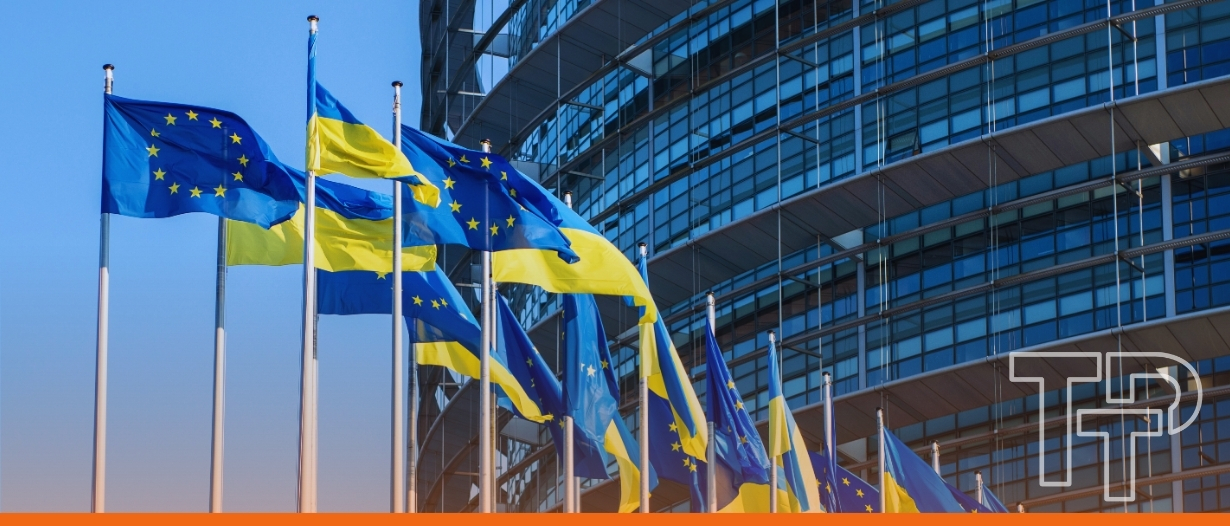PODCAST | Invisible cargo, visible risk: The new reality of detecting trade finance fraud
David Cuckney
Jun 04, 2025
 Carter Hoffman
Apr 08, 2025
Carter Hoffman
Apr 08, 2025

Ukraine’s economic future is facing a critical test as its privileged access to the European Union (EU) market is set to expire in June.
While Kyiv pushes for an extension of tariff-free trade, European leaders remain divided, caught between supporting Ukraine and appeasing domestic agricultural interests. Meanwhile, US support is faltering under President Donald Trump, adding to Ukraine’s uncertainty.
Since 2022, Ukraine has benefited from the EU’s Autonomous Trade Measures (ATMs), which suspended tariffs and quotas on Ukrainian exports. The measures were introduced as an emergency response to support Ukraine’s economy during wartime, but they are set to lapse on June 5.
Talks to extend them have stalled amid resistance from European farmers, particularly in Poland, France, and Germany, who argue that cheap Ukrainian imports undercut local producers. The EU imposed quotas on seven “sensitive” products last year, including sugar and poultry, to curb market disruptions. However, farm lobbyists claim these safeguards are insufficient.
In France, industry groups have called for stronger protections, citing concerns that even post-quota tariffs are not enough to level the playing field.
Despite war and ongoing Russian occupation, Ukraine’s agricultural sector has rebounded faster than expected. Black Sea export routes have reopened, and Ukrainian farmers have increased production and diversified their markets. Agricultural exports now account for more than half of the country’s total exports, making EU market access vital to Ukraine’s economy.
However, this recovery has fueled tensions within the EU. Polish farmers have staged protests against unrestricted Ukrainian imports, while the Polish government, led by Prime Minister Donald Tusk, is walking a fine line between supporting Ukraine and protecting domestic agricultural interests.
Ukraine’s trade troubles come as Washington’s support wavers. President Trump has signalled a more isolationist approach, suggesting that Ukraine should cede territory to Russia to end the war and refusing calls from European Commission President Ursula von der Leyen. His latest remarks – blaming Ukraine for “starting” the conflict – have heightened fears that US financial and military support could dry up.
Without firm commitments from the EU, Ukraine could be left economically stranded.
Faced with uncertainty, Ukraine is seeking alternative trade partners in Africa and the Middle East. However, these markets lack the premium pricing and established logistics that make the EU such a crucial economic partner.
With the EU-Ukraine trade agreement set to expire in a matter of months, European leaders must decide whether to renew the measures or impose stricter conditions.
The outcome shape Ukraine’s economic trajectory and influence the broader geopolitical balance in Eastern Europe.

David Cuckney
Jun 04, 2025
Trade Treasury Payments is the trading name of Trade & Transaction Finance Media Services Ltd (company number: 16228111), incorporated in England and Wales, at 34-35 Clarges St, London W1J 7EJ. TTP is registered as a Data Controller under the ICO: ZB882947. VAT Number: 485 4500 78.
© 2025 Trade Treasury Payments. All Rights Reserved.